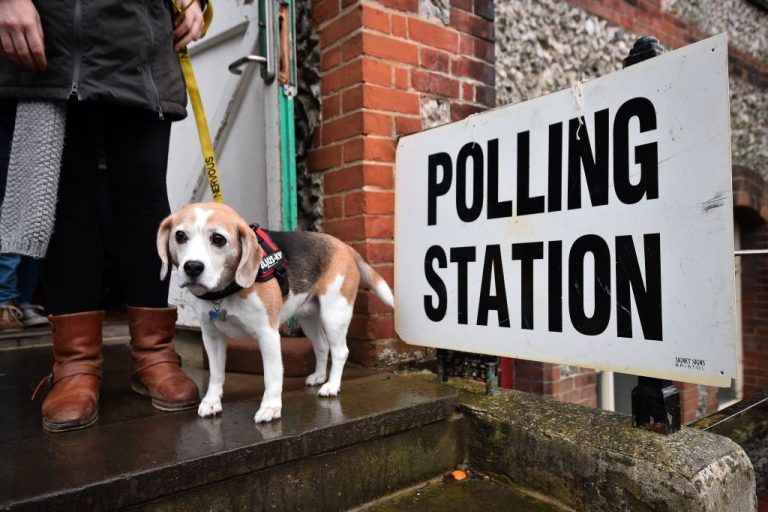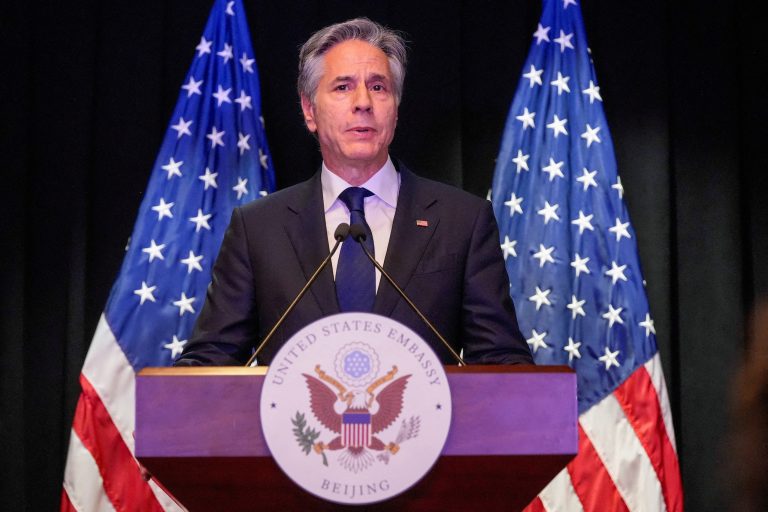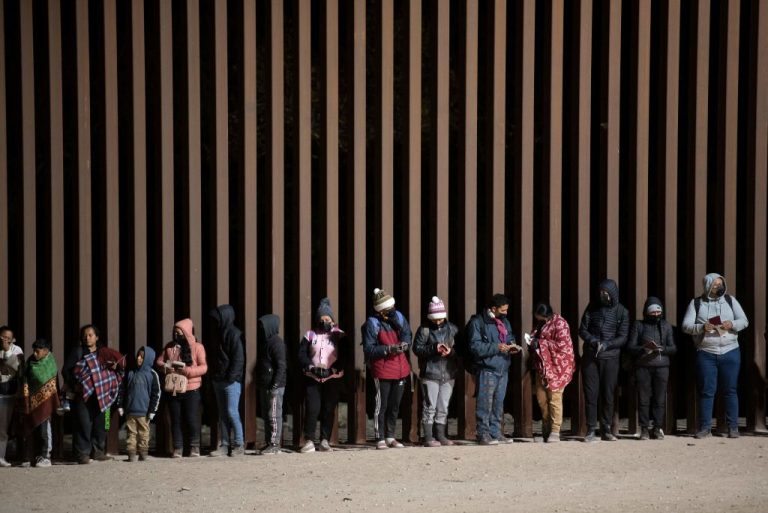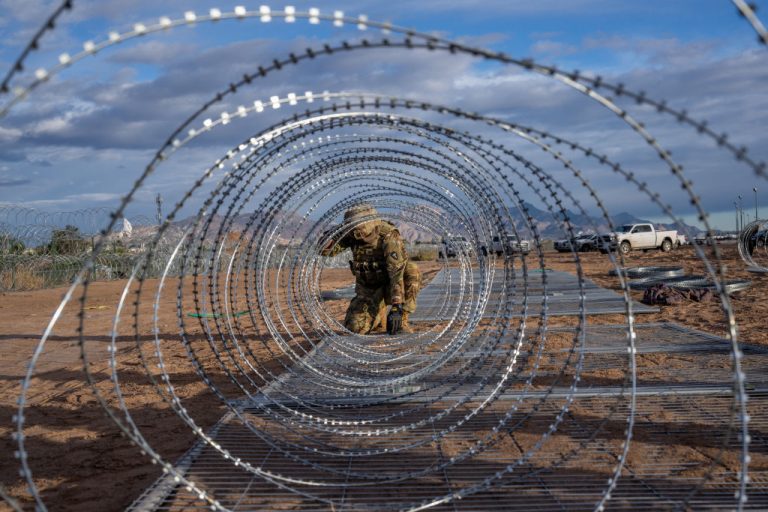The British government is moving ahead with its plan to pass an election integrity bill that will mandate voters show photo identification before they’re given access to a ballot at a polling station during an election. While the move faces the same pushback as seen from Democrats in the United States, a spokesperson for the UK’s Cabinet Office said the motive for the legislation is simply to “stamp out the potential for fraud.”
Equating the theft of a vote to stealing a person’s voice, the spokesperson said currently there is an “inexcusable potential” for someone to cast a vote in another person’s name at polling stations.
Labor MPs have criticized the proposal in a similar fashion and on a similar basis to U.S. Democrats. Nadia Whittome, Labor MP for Nottingham East, claimed mandating photo ID for voting when 1 in 4 individuals do not have identification will deny people their right to vote.
“This isn’t about stopping voter fraud – it’s about disenfranchising the young, the poor, and people of color. People less likely to vote Tory,” she said in a tweet.
Prime Minister Boris Johnson dismissed the rhetoric at a recent press conference, “I would say that was complete nonsense and what we want to do is to protect democracy, the transparency, and the integrity of the electoral process, and I don’t think it’s unreasonable to ask first-time voters to produce some evidence of identity,” reported The Mail.
Success
You are now signed up for our newsletter
Success
Check your email to complete sign up
The Cabinet Office spokesperson stated that almost 98 percent of British citizens already have the necessary identification required to cast votes, adding the government will work with the electoral sector to make sure that new voter requirements are conveyed to the public clearly prior to elections.
In late March, a government published study found that only 2 percent of people in the UK lacked photo ID of any kind.
During the May 2019 election, the government conducted 10 voter ID pilots at various locations. According to a report by Democrat Audit, as little as 0.03 to 0.70 percent of people who attempted to vote were unable to vote due to the ID requirement.
Johnson’s spokesman stated that mandating identification would merely bring Britain in line with Northern Ireland, where identification laws have existed for decades.
A briefing paper from the House of Commons states voter ID requirements have been in place in Northern Ireland since 1983 due to concerns of fraud in the embattled region. Beginning in 2003, photo ID has been strictly mandated.
“There has been no evidence that the ID requirements in Northern Ireland have affected turnout and the allegations of ‘personation’, the crime of pretending to be someone else when you vote, have been eliminated,” the briefing paper states.
In 2014, the Electoral Commission stated voters in Great Britain must show their photo ID at polling stations to reduce the risk of fraud. The commission had said that the British voter ID system would be based on the Northern Ireland model.
If the legislation passes into law, voters in England, Wales, and Scotland could be required to produce identification at polling stations starting in 2023.
In an article written for The House in December of 2019, MP Steve Baker said the “overwhelming majority” of his constituents would be shocked if they discovered the extent of voter fraud and corruption in election practices.
“There is widespread abuse of postal votes. In one case, private data held by a third party for legitimate purposes was used to apply for postal votes, and then intercepted before electors had a chance to complete them. The victims would not make a formal complaint as they feared retribution.”
In 2014, Bangladeshi-born Luftur Rahman was re-elected as the mayor of Tower Hamlets, a London borough. But in April 2015, the result was overturned after the Election Court found Rahman had committed substantial voter fraud.
A 2015 report by The Times, citing evidence prepared in Rahman’s trial, states that almost 25 percent of the postal votes from a single ward in Tower Hamlets was potentially completed by “the same hand.”
A parallel to the United States
Former U.S. President Donald Trump extended his support to the UK’s initiative in a blog post. Trump called for similar laws to be enacted in the United States and criticized Democrats for both seeking to pass “their horrible HR 1 bill” and for wanting to abolish voter ID laws.
“All States should pass Voter ID laws along with many other fair and comprehensive election reforms, like eliminating mass mail-in voting and ballot harvesting, so we never again have an election rigged and stolen from us. The people are demanding real reform,” Trump said.
On March 3, the 791-page HR 1 bill, also known as the For the People Act, was narrowly passed along partisan lines by the Democrat-controlled House with a 220 – 210 vote. All Republicans voted against the bill. From the Democrat side, only Mississippi Representative Bennie Thompson voted nay.
The bill, which makes claims about “racial discrimination” being embedded in the U.S. political process, proposes the following changes among a landslide of others:
- States will not be allowed to ask voters to produce photo identification. Instead, they will have to accept a signed statement from the individual as proof that they are who they claim to be; and
- Allows mail-in voting nationwide with neither a photo ID nor a witness signature requirement.
In April, North Carolina Governor Mark Robinson, a Republican, told a House Judiciary Committee hearing it was “insulting” and “preposterous” that Democrats were characterizing black Americans as incapable of securing photo identification to cast a vote.
Robinson called the Democrats push for federalization of elections “a partisan unconstitutional power grab,” putting the For the People Act on blast.
“H.R. 1 [is] despicable…The entire thing is designed to keep one party in power and make sure they stay there indefinitely…They plan to do that by taking away the rights of states given by the Constitution to govern their own elections,” he said at the hearing.
Two women from Pennsylvania were recently charged with voter fraud for trying to cast votes in the name of their dead mothers during the 2020 presidential race.
In September of last year, the Public Interest Legal Foundation (PILF) published a report, which found almost 349,773 deceased registrants in voter rolls across 41 states, with almost 51 percent of them in Texas, California, New York, and the battleground states of Florida and Michigan.
In April, PILF won a lawsuit against Pennsylvania election officials, arguing the state’s voter rolls had almost 21,000 dead voters a month before the 2020 election. Officials have since agreed to purge dead voters.
As of October of 2020, 34 U.S. states already have voter ID requirements. 18 states mandate photo ID, while the remainder accept other forms of identification.
Worldwide, most developed countries, including France, Iceland, Mexico, Israel, Germany, and Norway. mandate photo identification during elections. Some countries such as Australia, Denmark, and New Zealand, however, currently do not have voter ID requirements.
In a poll conducted by Rasmussen Reports in March, it was found that 75 percent of American voters supported an identification requirement during elections. 89 percent of Republicans, 60 percent of Democrats, and 77 percent of non-affiliated voters were in agreement. Outside of elections, identification is necessary for various purposes in the United States.
To travel by air, adult passengers over the age of 18 are required to show ID such as a driver’s license, passport, or permanent resident card. In New York, to get married, people have to submit formal government identification such as passports, birth certificate, driver’s license, and so on.
















